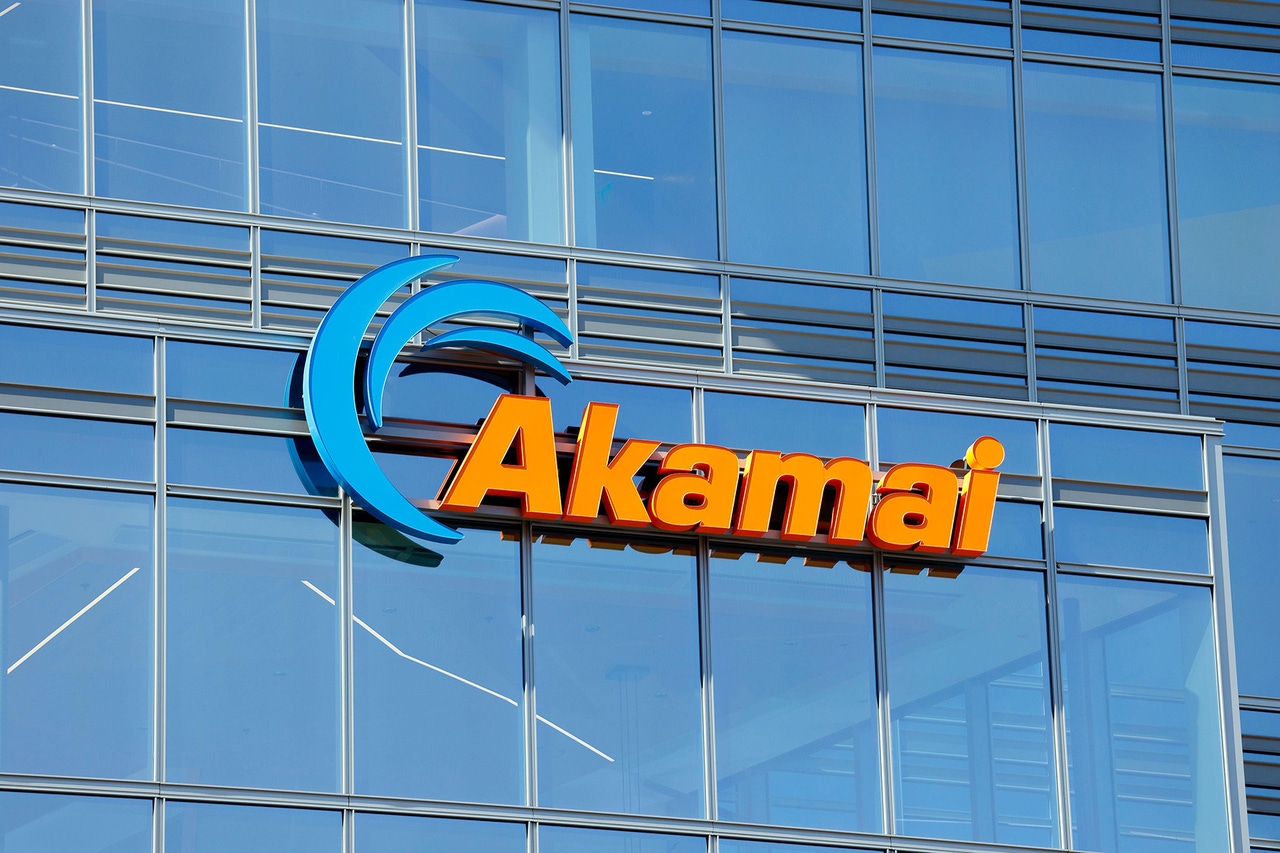Akamai Targets Edge Computing Market with GeckoAkamai Targets Edge Computing Market with Gecko
Gecko takes compute workloads that typically reside in centralized data centers and supports them in hard-to-reach, edge locations.

This article originally appeared in Channel Futures
Akamai is making good on its edge computing goals. On Tuesday, the company, which leans on its 2022 Linode acquisition for its core cloud computing expertise, launched its Generalized Edge Compute platform, or "Gecko."
Gecko takes compute workloads that typically reside in centralized data centers and supports them in hard-to-reach, edge locations, Akamai says.
For Akamai, the initiative comes as a recent ClearPath Strategies study found that two-thirds of IT decision-makers expect to use more distributed cloud services, a part of edge computing, this year. Much of the demand ties to soaring processing requirements around AI. At the same time, Akamai says Gecko represents the latest move in its strategy to dominate enterprise multi-cloud environments. In one analyst’s view, the company’s on its way to meeting that aim.
“Akamai is delivering on the promise it made when it acquired Linode by quickly integrating compute into its security and delivery mix,” said Dave McCarthy, research vice president of cloud and edge services at IDC. “What they’re now doing with Gecko is an example of the more distributed cloud world we’re heading toward, driven by demands to put compute and data closer to the edge.”
What Gecko’s Edge Computing Means for Channel Partners
Akamai says that, right now, architectures treat cloud and edge computing networks separately. Gecko resolves that by putting generalized compute on top of Akamai’s edge network; that way, users may access the tools, processes and observability already available. Then, Gecko will move heavier, traditional compute, the kind kept in data centers, to the edge of Akamai’s network. This, Akamai says, will bring full-stack computing to hundreds of locations that have proven difficult to access, letting customers move workloads closer to their users.
For developers, this means no longer having to think about building for the cloud or building for the edge, Akamai says. And other channel partners will benefit from Gecko edge computing, too, according to the company.
“Those partners with expertise in cloud architecture and development, for example, can use IaaS to build custom cloud computing solutions,” Dave Allen, vice president of partner sales and services at Akamai, told Channel Futures. “Any partner with JavaScript experience can optimize web applications using function-as-a-service capabilities. And SaaS offerings are the simplest to consume, the fastest to enable and give partners the ability to add value through configuration, reporting, analysis and ongoing recommendations to the business.”
Overall, Allen said, Akamai partners get to make the most of their cloud computing expertise to run applications and services that require broad distribution, proximity to data and reliability.
“Gecko will become an essential pillar of modern edge architectures to deliver a better user experience while optimizing cloud computing costs and maximizing ROI,” Allen said.
Pursuing the Enterprise Edge Computing Promise
Akamai says it has been conducting early trials of Gecko with several enterprise customers. So far, users working in AI inferencing, multiplayer gaming, and social and streaming media look best positioned for Gecko, the company said. Future use cases include immersive retail, spatial computing, data analytics, and consumer and industrial IoT, per Akamai.
For now, Akamai is focused on its Gecko road map. With the first phase now live, Akamai intends to reach 100 cities by the end of 2024. So far this year, the company has deployed new Gecko regions in Hong Kong SAR; Kuala Lumpur, Malaysia; Querétaro, Mexico; and Johannesburg, South Africa, as well as in cities without a concentrated hyperscaler presence, including Bogotá, Colombia; Denver, Colorado; Houston, Texas; Hamburg, Germany; and Marseille, France. A 10th Gecko region is planned for by the end of the first quarter in Santiago, Chile.
Akamai says it will add hundreds of cities to its global cloud computing footprint over the next several years.
Meanwhile, Gecko’s second phase, anticipated for later this year, will include containers. The third phase will add automated workload orchestration to help developers build applications across hundreds of distributed locations.
Tom Leighton, co-founder and CEO of Akamai, called Gecko “the most exciting thing to happen to the cloud in a decade.”
“It’s the next phase of the road map toward a more connected cloud we laid out when we acquired Linode to add… cloud-native computing capabilities to our portfolio,” he continued. “We began delivering on that road map with the launch of Akamai Connected Cloud and the... rollout of new core computing regions around the world. With Gecko, we’re furthering that vision by combining the computing power of our cloud platform with the proximity and efficiency of the edge, to put workloads closer to users than any other cloud provider. When we say we operate at planetary scale, this is what we mean.”
Read more about:
Channel FuturesAbout the Authors
You May Also Like









